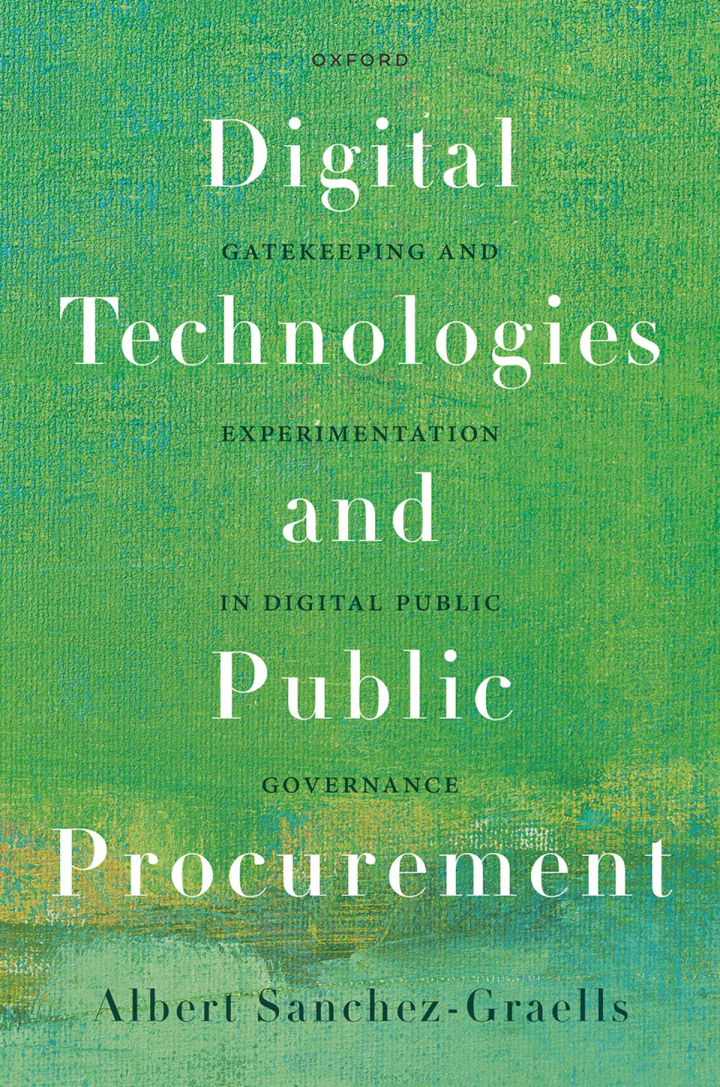Digital Technologies and Public Procurement 1st Edition Gatekeeping and Experimentation in Digital Public Governance
$37.38
Attention: This is just ebook, Access Codes or any other Supplements excluded! / File Delivery: Sent Via Email within 24 hours!





